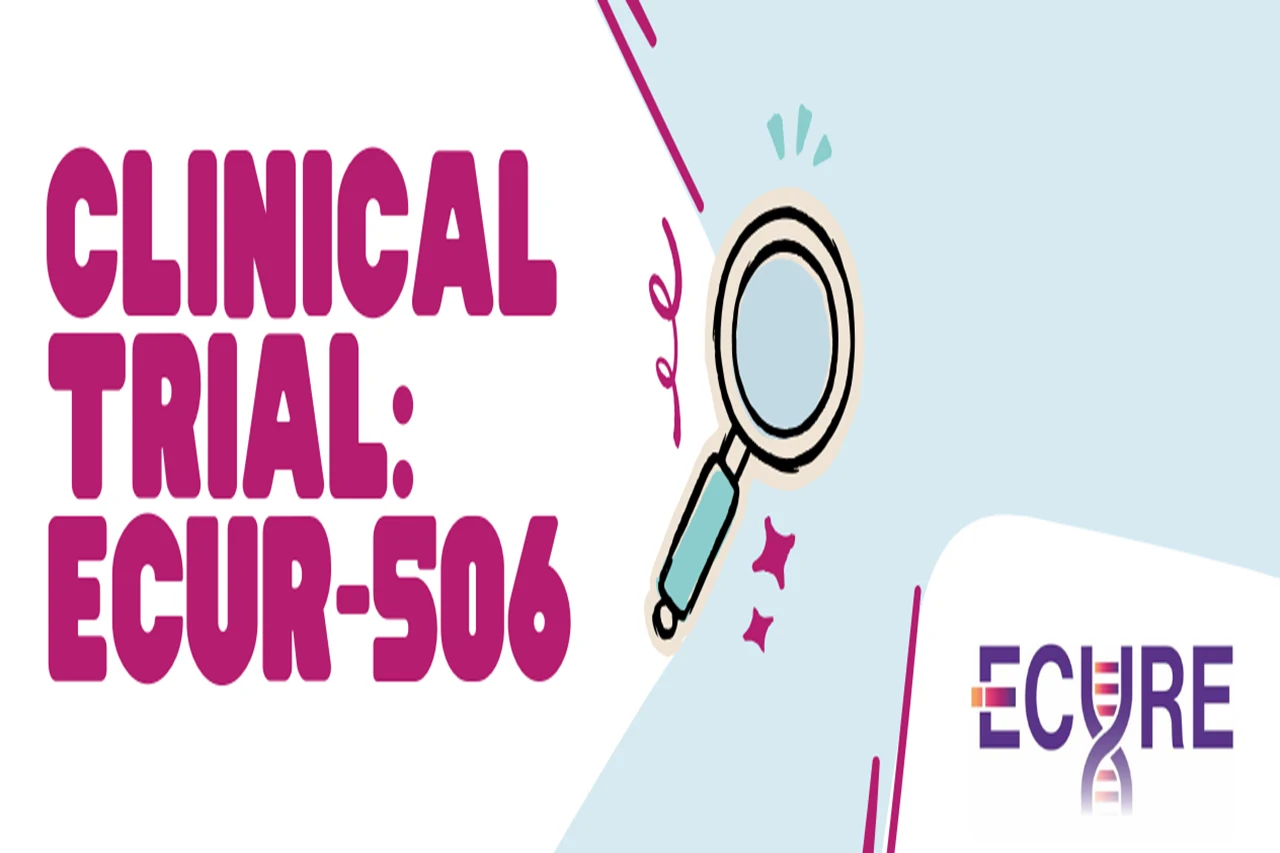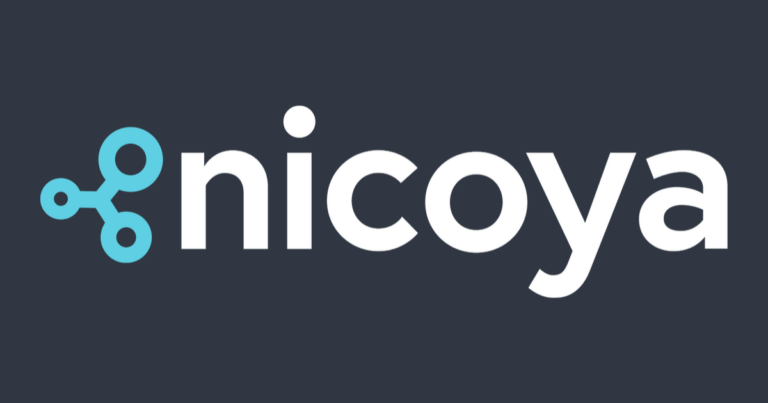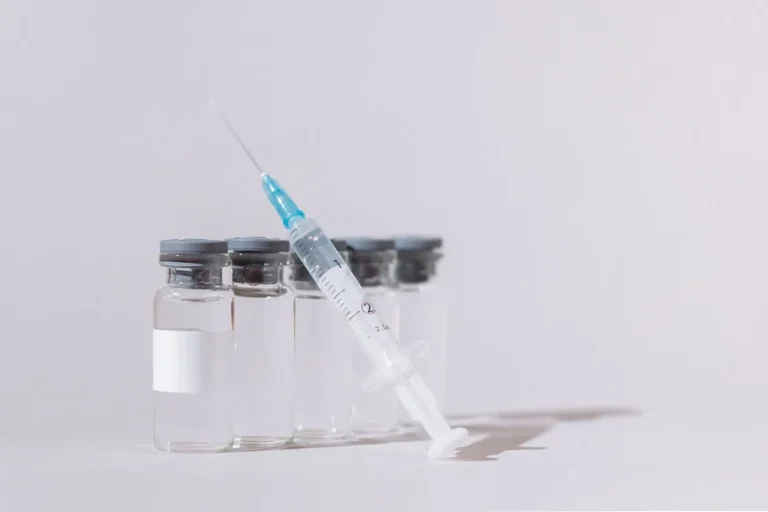iECURE, Inc., a clinical-stage genome editing company pioneering variant-agnostic in vivo targeted gene insertion therapies for severe liver disorders, announced that new data from the ongoing OTC-HOPE clinical trial evaluating its lead candidate ECUR-506 will be presented at two of the world’s leading scientific meetings in gene and human genetics: the European Society of Gene & Cell Therapy (ESGCT) Annual Congress, held October 7–10, 2025, in Sevilla, Spain, and the American Society of Human Genetics (ASHG) Annual Meeting, taking place October 14–18, 2025, in Boston, Massachusetts.
These presentations will build upon previously released data from January 2025, which showed that the first infant treated in the OTC-HOPE trial achieved a complete clinical response, marking a significant milestone in the development of in vivo gene editing as a potential curative approach for ornithine transcarbamylase (OTC) deficiency, a devastating and life-threatening metabolic disorder.
Expanding Insights into the OTC-HOPE Study
The OTC-HOPE trial represents the first in vivo, liver-directed, adeno-associated virus (AAV)-mediated gene insertion clinical study conducted in infants. This first-in-human trial is designed to evaluate the safety, tolerability, and early efficacy of ECUR-506, iECURE’s lead candidate, which utilizes the company’s proprietary gene insertion platform to restore normal urea cycle function in patients with neonatal onset OTC deficiency (OTCD).
OTC deficiency is a rare, X-linked metabolic disorder caused by mutations in the OTC gene, which leads to toxic accumulation of ammonia in the blood. Infants with the neonatal form of OTCD often present with severe hyperammonemia shortly after birth, which can cause irreversible neurological damage or death if untreated. There are currently no curative therapies—existing management options are limited to dietary restriction, ammonia scavengers, and, in severe cases, liver transplantation.
ECUR-506 is designed to address this unmet need by inserting a functional copy of the OTC gene directly into the genome of liver cells. By enabling stable and lifelong expression of the enzyme in hepatocytes, the therapy aims to restore the urea cycle and prevent hyperammonemia, offering a potentially curative alternative for infants diagnosed with the disorder.
Presentation Details
At the ESGCT Annual Congress, iECURE will present updated clinical findings from the OTC-HOPE study in an oral presentation by George Diaz, M.D., Ph.D., Vice President and Therapeutic Area Lead for Urea Cycle Disorders at iECURE.
ESGCT Annual Congress Presentation:
- Title: OTC-HOPE: The first in vivo, liver-directed, AAV-mediated gene insertion clinical trial in infants
- Session: Metabolic Diseases I (Session 2a)
- Date/Time: Tuesday, October 7, 2025, 5:00 p.m. – 7:30 p.m. CEST
- Location: Room Parallel A, Sevilla, Spain
- Presenter: George Diaz, M.D., Ph.D.
At the ASHG Annual Meeting, iECURE will deliver both an oral “lightning talk” and a poster presentation providing deeper insights into the OTC-HOPE clinical trial results and the company’s in vivo gene editing platform.
ASHG Annual Meeting Oral Presentation:
- Title: OTC-HOPE: The first in vivo, liver-directed, AAV-mediated gene insertion clinical trial in infants with Ornithine Transcarbamylase Deficiency
- Session: Lightning Talk – Scaling Genomic Medicine: From Patient-Centered Tools to Population and Therapeutic Insights (Session 82)
- Date/Time: Friday, October 17, 2025, 1:30 p.m. – 2:30 p.m. ET
- Location: Room 206AB/Level 2, Thomas Michael Menino Convention & Exhibition Center, Boston
- Presenter: Gabriel Cohn, M.D., MBA, Chief Medical Officer, iECURE
ASHG Annual Meeting Poster Presentation:
- Title: OTC-HOPE: The first in vivo, liver-directed, AAV-mediated gene insertion clinical trial in infants with Ornithine Transcarbamylase Deficiency (Board 6001T)
- Session: Genetic Therapies and Precision Medicine Poster – Thursday Session
- Date/Time: Thursday, October 16, 2025, 2:30 p.m. – 4:30 p.m. ET
- Location: Exhibit & Poster Hall, Lower Level, Thomas Michael Menino Convention & Exhibition Center, Boston
- Presenter: Gabriel Cohn, M.D., MBA, Chief Medical Officer, iECURE
A Promising Step Toward Transformative Liver Therapies
“Presenting new data from the OTC-HOPE study at two major international meetings underscores the momentum behind ECUR-506 and the potential of iECURE’s gene insertion platform,” said Gabriel Cohn, M.D., MBA, Chief Medical Officer at iECURE. “We are encouraged by the early clinical results, which demonstrate both feasibility and the possibility of meaningful benefit in infants suffering from one of the most severe metabolic disorders known.”
The company’s gene insertion platform aims to enable variant-agnostic correction, meaning it can potentially treat multiple genetic forms of a disease without requiring mutation-specific therapies. By inserting functional copies of genes into predefined genomic “safe harbor” locations, iECURE’s approach seeks to achieve durable, lifelong therapeutic benefit through a single administration.
George Diaz, M.D., Ph.D., who leads the urea cycle disorders program at iECURE, added: “Our ongoing OTC-HOPE study is not just a milestone for iECURE but for the broader field of gene editing. By demonstrating the potential of precise, liver-targeted in vivo editing in infants, we are laying the groundwork for a new generation of genetic medicines that can intervene early, before irreversible damage occurs.”
About the OTC-HOPE Study
The OTC-HOPE study is a first-in-human clinical trial of ECUR-506 in baby boys with genetically confirmed neonatal onset OTC deficiency and has been cleared to evaluate ascending dose levels of ECUR-506, if necessary. The study is enrolling newborn males up to seven months of age at screening who are diagnosed with severe neonatal onset OTC deficiency and meet certain other criteria. The primary objective is to assess the safety, tolerability and efficacy of intravenous administration of a single dose of ECUR-506. It will also assess the pharmacokinetics and additional efficacy of ECUR-506 administration and the potential effects of ECUR-506 on clinical outcome measures, disease-specific biologic markers, developmental milestones and quality of life. The main study will occur in a series of stages over a 10-month period, including screening, stabilization, dosing eligibility, study drug administration, and six-month follow-up. Upon completion of the OTC-HOPE study, participants transition to the 14.5 year long term follow up study (ECUR-LTFU). For more information, visit https://OTC-HOPE.com.
About ECUR-506
iECURE’s approach to targeted gene insertion for its initial programs, including OTC deficiency, relies on the delivery of two adeno-associated virus (AAV) vectors comprised of the same capsid, but each carrying different payloads. ECUR-506 comprises two vectors, an ARCUS® nuclease vector targeting gene editing in the well-characterized PCSK9 gene locus and a donor vector that inserts the desired functional OTC gene. iECURE has licensed the ARCUS® nuclease for ECUR-506 from Precision BioSciences (Nasdaq: DTIL).1



